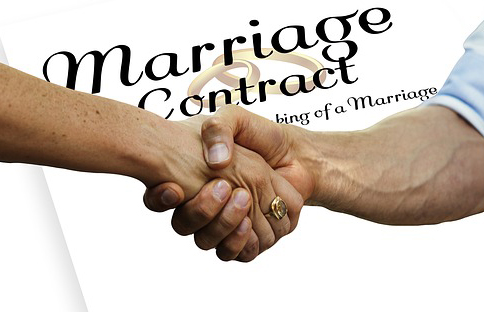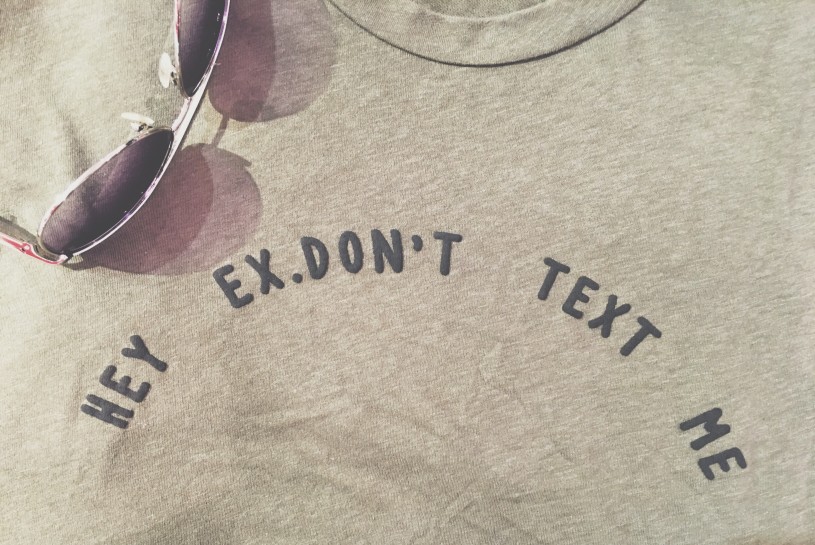
Do you have big plans in 2020? If you’re planning to get engaged or married in 2020, first off: congrats! Secondly, you want to make sure that your estate plans are in order before you move forward. Ensuring that your estate plan reflects the new addition of a spouse can save you quite a lot of headaches later on. Don’t worry—making an appointment with an estate planner won’t take too long, and it won’t be (too much of) a buzzkill on the upcoming nuptials. Here are some things to think about before you tie the knot.
Prenuptial Agreement
Ah, the dreaded prenuptial agreement, AKA “a prenup.” A prenup provides asset protection, not just in the case of divorce but also in the case of death (which might be a more appealing way to sway your significant other into signing one). A prenuptial agreement addresses what happens with alimony and assets if either of these things occur. It also can address how you want your kids from another marriage to be treated in terms of asset protection. Additionally, a prenup can handle how debts are divided between spouses if there is a divorce or death. A prenuptial agreement is, of course, signed before you get married, unlike a postnuptial agreement.
Postnuptial Agreement
A postnuptial agreement, as the name suggests, is signed after you get married, as opposed to being signed in contemplation of the marriage. A postnuptial agreement has effectively the same protections as a prenup; the timing is just different. In almost all states, this agreement must be in writing. In some states, it must be notarized. A postnup outlines the obligations and responsibilities of each partner in the event of death or divorce.
This makes the list because, if you’re in a time crunch and will be married before you can set up a time to make a prenup, a postnuptial agreement is a viable option so that you’re not left in the lurch.
Power of Attorney
A common misconception is that a spouse automatically becomes your power of attorney once you two are married. This is not true; you have to designate your spouse as your POA. A power of attorney is someone who has the ability to make decisions on your behalf in the event that you are unable to do so yourself. Obviously, this must be someone you can trust to behave rationally and uphold what they know to be your wishes for healthcare and finances. Hopefully, you feel that way about your spouses. Another common power of attorney choice is your children.
The Will
While a will isn’t the perfect way to protect your assets, it is better than nothing. If you are not married and you die intestate (without a will), your spouse-to-be will not inherit anything from you. They will receive nothing from your estate. Setting up a will or, even better, a trust, can ensure that you don’t leave your spouse hanging if you die before you are married.
Trust
Trusts are flexible, useful estate planning tools. If they are done correctly, you can avoid probate and its expenses, and you can keep your estate’s affairs private. A trust is a legal document that creates a fiduciary relationship between you, your trustee, and, later, your beneficiary. It is a way to transfer assets without going through probate. You can use a trust to transfer assets to your spouse, or you can even create one with specific provisions that ensure your kids will get a share of your estate. Trusts are very wide-ranging and can do a lot for asset protection.
Okay, so maybe this isn’t the most fun thing to do before you get married. But, these types of documents are essential to financial health. Take a break from cakes, tuxes, and dresses and get your estate plan with your new beau squared away.



